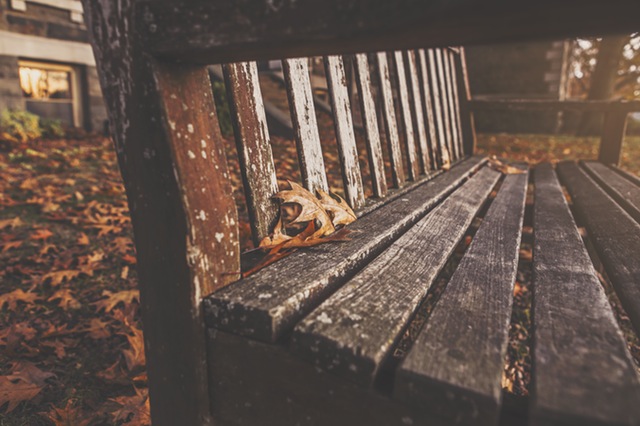In Cologne, Germany, the part of the globe where I have been living for almost 16 years, winter has made room for spring. The long-awaited rays of sunlight warm our hearts and lift our spirits, as my husband and I move through the broad emotional spectrum of loss and grief.
 We said farewell to both our mother/mother-in-law and father/father-in-law in February and March of this year. Their deaths within three weeks of each other have created holes and voids we are slowly learning to nurture and heal.
We said farewell to both our mother/mother-in-law and father/father-in-law in February and March of this year. Their deaths within three weeks of each other have created holes and voids we are slowly learning to nurture and heal.
A “Different” Christmas in 2015
Christmas 2015 was supposed to be a chance to spend some quality time with his parents. Their home is tucked between the vineyards of Baden, home to Germany’s classic grape varieties Pinot Noir, Pinot Blanc and Gris.
On clear days, we can see as far as the Cathedral in Strasbourg and admire the Vosges Mountains from their expansive living room window. We usually emerged from the mini-apartment on the lower level of their house in our fluffy white bathrobes just as the warm rolls were placed in the bread basket. 
The visits felt like vacation at a wellness spa. Our mornings were spent savoring breakfast-brunch complete with fresh fruit and muesli while chatting with our mother/mother-in-law in the Badish-Schwabian dialect, the official family language.
Just before Christmas, my husband had a minor dental procedure. Due to unexpected complications that followed, we decided to stay in Cologne over the holidays and spend the Easter break with them in the Black Forest.
At that time, we could not have even imagined that neither of them would experience Easter 2016.
Balancing Time and Distance: Part and Parcel of Family Life for Expats
My husband and I visited regularly, at least twice a year. From the start of our now 13-year relationship, we have maintained a healthy balance between spending quality time together and time with our families on both sides of the Atlantic.
Given our unique “work-life stage” and the distances between our global family clusters, we manage to carve out time and space to make the most of the eight-hour car trip southbound (to and fro) on the not always so fast-moving Autobahn. 
Admittedly, the regular discussions about how we spend our vacation were indeed delicate balancing acts, comparable to advanced crash-courses in international negotiations. Yet, we all knew that scheduling challenges are part and parcel of expat family life.
During the course of our marriage, I had grown close to his parents. They made me feel truly loved and I viewed them more as a second set of parents, rather than as in-laws. Their kindness, openness, and generosity was tangible right from the start. Even as I write this post, my heart feels the void of their absence.
Moving Through the Stages of Loss and Grief
As expats, we have developed the resilience and skills to manage all sorts of change and loss. We have changed jobs, locations, cultures, and languages. The emotion that accompanies many of these changes and losses is grief.
Julie Axelrod’s “The 5 Stages of Loss and Grief” is a helpful reminder that bereavement is an individual process. We all work through the stages in different time frames and express each stage with varying intensity. Her article also dispels the myth that the five stages should occur in any specific order.
As my husband and I continue to move through our grieving process, here are a few things I keep in mind: 
• There is no “right” or “wrong” way to move through this experience.
• I miss them because I love them.
• Although they have passed away, the love now occupies the space their departure created.
Their deaths also sparked deeper personal reflection and confrontation with my own mortality. With a heightened awareness of death as a part of life, I have clearer intentions and practice more presence with myself, within myself and those in my personal and professional spheres of influence. I have more courage and am more inspired to speak from my heart. I also make the conscious choice to forgive myself and others more quickly, rather than wasting precious time berating myself, being offended or resentful.
I have decided to embrace every opportunity to live in greater alignment and to love and give without fear.
Most importantly, I cherish every day I can spend with the most precious gift my parents-in-law have given to the world: their son, my husband and dear friend.
Monère Renoir Wanner is a global citizen in Cologne. She is an intercultural trainer/coach, image consultant, speaker and university lecturer. In her free time, Monère enjoys French films, Latin music, and Italian cuisine with her husband, Hans.
(Image credit: 1), 3), 4) StockSnap 2) iStock)